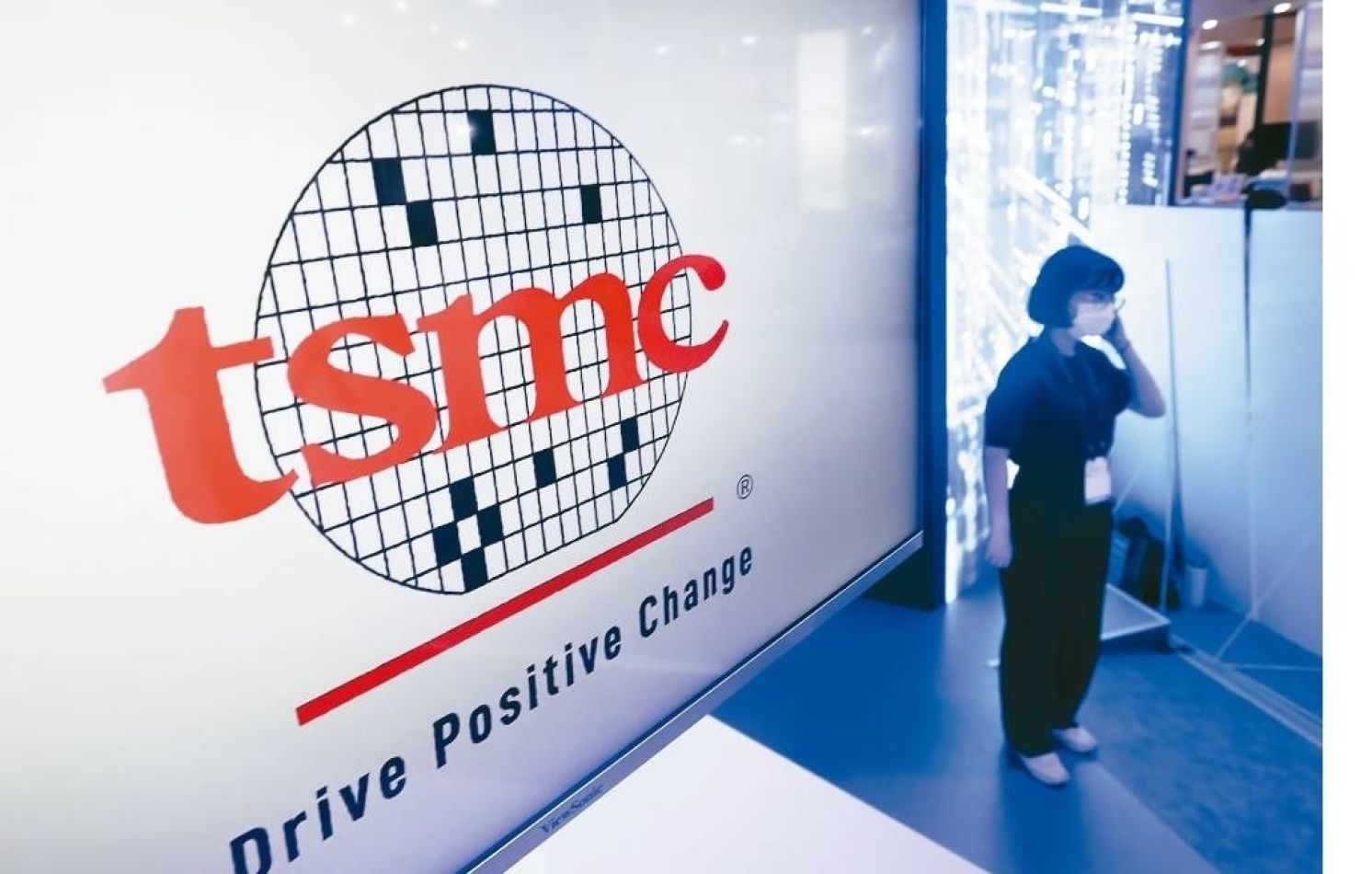
Government Should Support TSMC, Prevent Chips from Leaving Taiwan
United Daily News, March 13, 2025
Recently, the Taiwan Semiconductor Manufacturing Company (TSMC) announced an additional investment of $100 billion in the United States to construct three new wafer fabs, two advanced packaging facilities, and a research and development center, causing a nationwide uproar. Concerns have arisen: Will TSMC become an American company? Is Taiwan’s “silicon shield” at risk? Will Taiwan’s “protective mountain” still hold strategic value? These issues have sparked intense debate. Looking back at TSMC’s board reshuffle last June, the number of foreign and independent directors increased to six, including Ursula Burns, vice chair of the U.S. Department of Commerce’s Supply Chain Competitiveness Advisory Committee. This raises suspicions about whether the change was meant to strengthen American influence over TSMC.
During the pandemic, global supply chain vulnerabilities were exposed, and the U.S. recognized semiconductors as strategic assets. Given that TSMC and Taiwan’s semiconductor industry dominate global chip production, any disruption in chip delivery would pose a severe threat to the American economy and national security. The growing instability in the Taiwan Strait in recent years has further intensified American efforts to relocate high-end semiconductor technology to America, aiming to curb China’s semiconductor development. Thus, TSMC’s expansion in the United States is not merely an economic and technological issue but a political one involving the United States, China, and Taiwan. The potential for cross-strait conflict is the primary driver behind TSMC’s move to invest in the United States.
For TSMC, this strategy makes sense. Following the principle of production diversification, TSMC has been setting up fabs in the United States, Germany, and Japan in recent years to establish a global footprint. Since the United States is TSMC’s largest customer, setting up fabs, packaging plants, and R&D centers there to better serve clients is justifiable. However, the impact on Taiwan is significant. Taiwan has long taken pride in its semiconductor industry, with TSMC regarded as a “national protector.” Yet, under American pressure, high-end chip manufacturing is being relocated to the United States, while China dominates the mid-to-low-end chip market and is rapidly advancing in high-end technology. What will remain for Taiwan?
Additionally, with TSMC expanding its American presence, significant capital and advanced technology will be transferred, along with a substantial outflow of engineers. Many of these professionals may remain in the United States after acquiring residency. How long will it take to fill this talent gap? This is a war without bloodshed, where Taiwan loses capital, technology, and talent. The “national protector” is at risk, the semiconductor industry’s dominance is waning, and the “silicon shield” is breaking down, eroding Taiwan’s geopolitical strategic value—at a great cost.
Historically, any country or company that surpasses the United States in technology or market dominance has faced coercion. The United States has an extensive record of such actions. TSMC leads the global semiconductor foundry industry, holding over 80 to 90 percent of the market share in advanced manufacturing processes. President Trump stated: “Taiwan almost monopolizes high-end processors.” I have previously cited the case of the forced breakup of Bell Telephone in the 1970s and 80s into seven “Baby Bells” as a precedent. There is a risk that the United States could invoke antitrust laws to break up TSMC and establish an “American Semiconductor Manufacturing Company.”
The United States has a history of suppressing foreign industries, including Japan’s semiconductor sector, France’s Alstom energy division (which was forced to sell to General Electric), and Taiwan’s once-thriving display panel industry. Companies like AUO and Innolux faced antitrust lawsuits, leading to heavy fines and the arrest of executives in the United States. The case of Huawei’s Meng Wanzhou is another example of American tactics in industrial competition—Taiwan must remain vigilant.
TSMC’s success is built upon the foresight of pioneers like K.T. Li and Sun Yun-suan, as well as the hard work of generations of engineers. Any overseas investment decisions must be made with the utmost caution to honor the efforts of the past and align with public expectations. TSMC’s expanded investments in the United States under the Trump administration were likely made out of necessity, and it would be unfair to criticize this entirely. However, were these decisions made with proper oversight? Did the board approve them? Was the government informed? Why was even Minister of Economic Affairs Kuo Chih-hui unaware? These questions must be examined, as TSMC is a publicly listed Taiwanese company accountable to its shareholders. Overseas investments should be subject to government review.
The government must act as a strong supporter of Taiwan’s semiconductor industry by negotiating with the United States for better commitments and support, particularly in areas of geopolitics, regional economics, and international cooperation. Strict measures should be taken to prevent the outflow of high-end chip manufacturing, ensuring that Taiwan retains its strategic foundation and preventing the loss of its semiconductor dominance.
The author is chairman of the K.T. Li Foundation for Development of Science and Technology.
From: https://udn.com/news/story/7339/8604127#
〈Back to Taiwan Weekly Newsletter〉